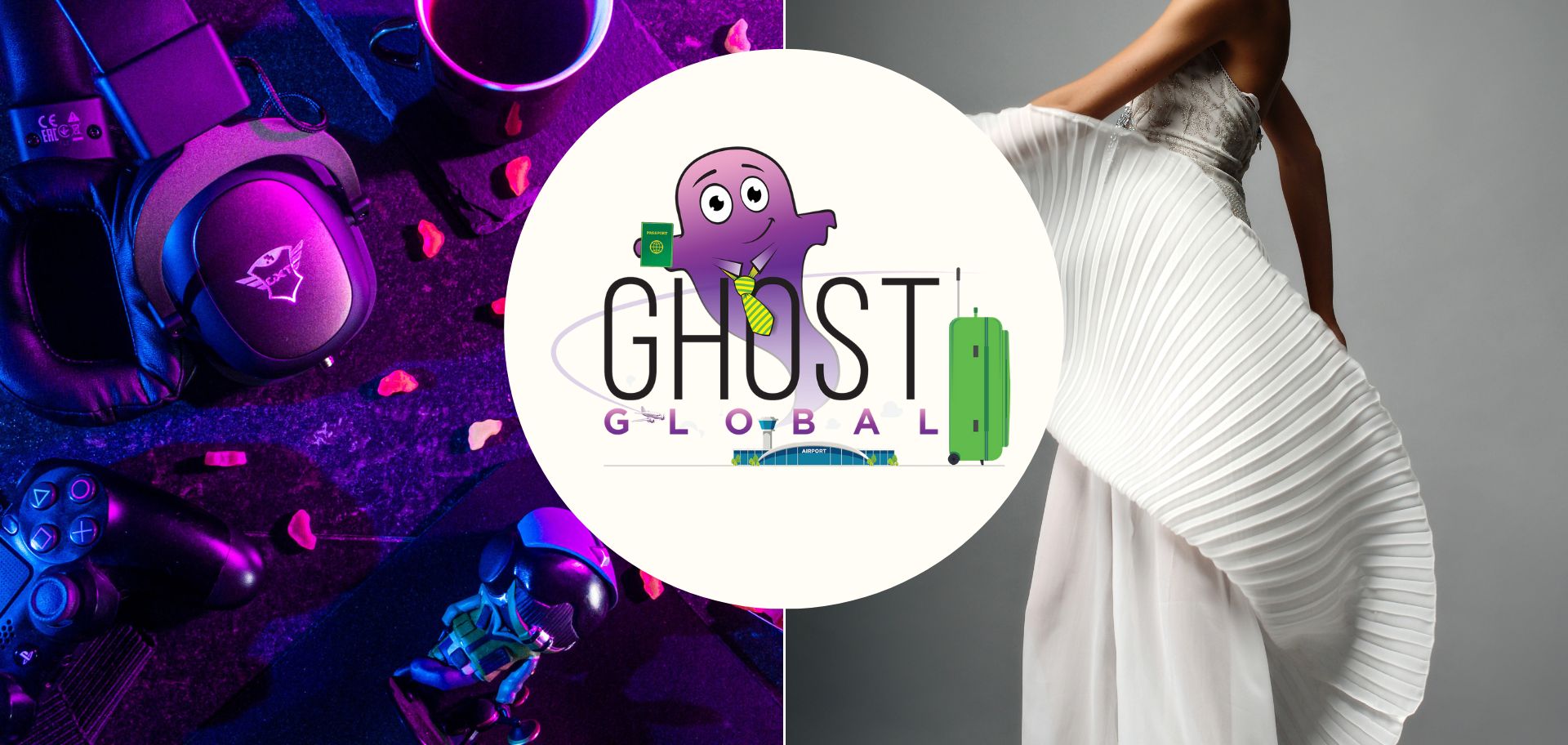Ghost Grad Kayla Soni is new to the team and has hit the ground running with this week’s Ghost Global, covering a great variety of companies.
Bed Bath & Beyond Bounces Back
Bed Bath & Beyond (BBBY) has been a Ghost Global favourite recently, earning numerous headlines throughout August. Why not continue the trend?
The share price is up more than 130% this month, enjoying strong continued support from so-called “meme stock” enthusiasts who seem to buy shares regardless of fundamentals.
Speaking of the fundamentals, the company has plans to grow its customer base and win market share, while driving growth and profitability in addition to a stronger balance sheet. It all sounds great on paper. A “strategic update” is due from the company this week, which will give investors more to think about.
It’s also worth highlighting the “short squeeze” phenomenon – a surge in the share price that forces bearish investors with short positions (a bet on the price dropping) to repurchase shares at higher prices to limit their losses, thus driving demand and further inflating the price of these assets. The potential for a short squeeze can be measured through the “short interest” or percentage of shares in a short position, with reports that BBBY had short interest of over 50%!
Following a period of intense decline, BBBY is finalising fresh financing through a $400 million loan from Sixth Street Partners to counteract the “balance sheet swirl” as they are calling it. This caused a flurry of activity in the company’s bonds, with volumes in the 2044 bond making it one of the highest traded yield bonds on the market at the end of last week
Affirm Holdings: revenue rises and the stock slides
The “buy-now-pay-later” FinTech company slumped by 13.5% in premarket trading last Friday (and eventually closed nearly 20% lower) after the company announced a bigger-than-expected quarterly loss of 65 cents per share (vs. market expectations of a 58 cents per share loss). Revenue ran ahead of estimates though, coming in at $364.1 million vs. expected $355 million.
The biggest issue lies in the 2023 revenue predictions. Affirm expects $1.6 billion – $1.7 billion as online shopping heads towards pre-Covid levels, whereas the market expected $1.9 billion as a continuation of rapid growth during the pandemic.
The Covid darlings are struggling with growth as the world has normalised, driving Wall Street jitters that Affirm’s business model (providing short-term loans) will not succeed in a weak economy that is characterised by rising interest rates and surging inflation. There are many players competing for credit among shoppers, with pressure likely to be felt on demand for non-discretionary goods that shoppers would typically use credit for.
Investors have raised concerns around stagnant growth and the likely rise of delinquencies among borrowers as the economy weakens. Affirm’s credit loss provisions spiked to $72.7 million from $25.5 million in the comparable quarter last year!
Some analysts are looking through the noise and remaining confident, with Morgan Stanley giving it a Buy rating with a health warning that it could take a few more quarters for investor confidence to return. Those with a bearish view are pointing to a complacent company that is untested in an economic downturn.
Amazon: NOT in the game despite acquisition rumours
Will they? Won’t they? Rumours ran wild that Amazon would be making an offer for video game developer Electronic Arts (EA), driving a strong rally last week including a 15% pre-market gain. Things have settled down since then, so those who rushed into the spike are already nursing their losses.
If this deal is real, the technology giant would become the one of the leading video game companies in the world and this would likely be Amazon’s largest acquisition to date (at least $35 billion and far in excess of the acquisition of Whole Foods for $13.7 billion back in 2017).
The story is believable, with Microsoft in the process of acquiring Activision Blizzard (currently going through regulatory approvals). Electronic Arts is known for sports titles in particular, which is both a strength and a weakness as the business is dependent on being granted licences from sports clubs and associations. Average annual active users of 580 million is 16% higher than the prior financial year, so EA is still growing.
If not Amazon, would Apple or Disney make a move here? Microsoft won’t be able to, as competition authorities would certainly block a further acquisition after Activision Blizzard.
Amazon has been quick to shut down these rumours and EA followed the same route. Make no mistake though: EA is a logical acquisition target for the world’s tech and media giants. EA CEO Andrew Wilson hinted that EA would be “open” to doing business differently – read into that what you will.

Luxury fashion platform’s performance is not so farfetched
I’m sure all the shopaholics and fashionistas know about Farfetch, but for those of you that rotate through the same three outfits in your wardrobe, Farfetch is an online luxury fashion retail platform that sells goods from 700+ boutiques and brands worldwide.
Despite facing considerable exchange rate headwinds, FarFetch’s revenue beat estimates. Gross merchandise value (GMV) grew sharply in the pandemic and is still inching upwards, despite Russian operations being suspended (a critical market for luxury goods) and ongoing Covid-related lockdowns in China.
The New Guards Autumn-Winter 2022 collection proved to be a shopper favorite, with the Brand Platform contributing just over 10% of GMV.
The share price is up 25% in the past month, thanks mainly to the news of Farfetch acquiring 47.5% of Richemont’s YOOX Net-A-Porter (YNAP) online fashion group. With Richemont identifying Farfetch as its online platform of choice for luxury goods as the companies work closer together, this company is firmly on the map for South African investors.



